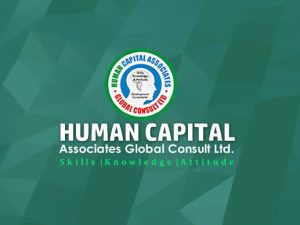Workshop on Contamination Control Guidelines (CCG) Best Practices
February 27 – 28, 2024, 1st Run: Lagos & Abuja
August 26 – 27, 2024, 2nd Run: Lagos & Port Harcourt
For Tutor -Led Class: 9am – 4:30pm
Workshop fee: N120, 000 per Participant
For online: Delivery via Zoom
Online course fee: N100, 000 per Participant
Available for In-plant Training
Program overview
Heavy equipment, no matter how big and heavy, is still susceptible to dirt and contaminants. Remember, this large piece of equipment is made up of several moving parts, all with their own intricate system. If filters aren’t changed regularly and breathers and electronics aren’t kept clean, they impact the way the equipment runs and can ultimately cause an expensive repair. When things get dirty, they can break down.
This course aims to introduce participant to the necessity for control of contamination in the storage, handling, inspection, repair and troubleshooting and processing of components, materials and products in both mechanical, non-mechanical, electrical and electronics.
For whom:
This program is designed for Diesel Engine Technician, workshop supervisors, field service engineers, preventive maintenance technicians and equipment maintenance advisors. Facility managers can equally benefit from this program.
Learning Objectives
At the end of this program, participants will be able to:
- describe to the Instructor’s satisfaction the definition of Contamination;
- describe to the Instructor’s satisfaction the different types of Contamination;
- describe to the Instructor’s satisfaction the different sources of contamination;
- describe to the Instructor’s satisfaction the different symptoms of contamination existence in different machine systems;
- describe to the Instructor’s satisfaction the different types of oil analysis;
- describe to the Instructor’s satisfaction the meaning of 5 ISO Particle ratings e.g. 17/14;
- interpret to the Instructor’s satisfaction Particle count report;
- describe to the Instructor’s satisfaction the shared responsibility in contamination control between the Customer, Caterpillar and the Dealership;
- describe to the Instructor’s satisfaction the correct practices for contamination control in different areas; and
- use the Contamination control guide book to select the correct contamination control rating for different areas.
Course outline:
Day 1
Importance of Contamination Control
- Machine Wash Area
- Shop Facility
- Shop Practices
- Parts Warehousing
- Hydraulic Hose Assembly
- Bulk Oil Storage
- Analysis/Diagnostic
- Component Filtration
Day 2
- Effective Contamination Control Best Practices
- Managing contamination during maintenance
and repairs
- Case Studies and Practices
- General Course Review
- Post Tests
Training Methodology
Lectures, discussions, exercises, case studies, audio-visual aids will be used to reinforce these teachings/learning methods.
Related Courses






